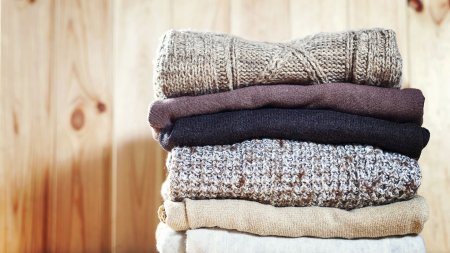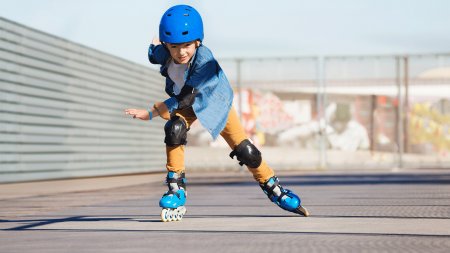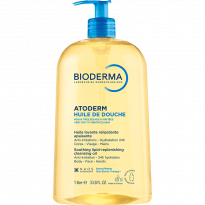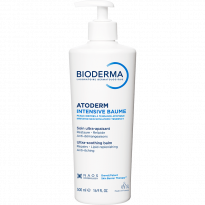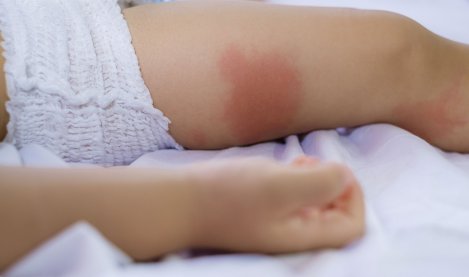4/ Itching & irritation : the impact of stress
A child with atopic skin isn't necessarily more sensitive than one without. Stress hormones spread through the skin in the same way with everyone, atopic skin or not. However, not providing treatment for your child, or constantly telling her that she is nervous, will decrease her resistance and make her more susceptible to stress,' explains Dr Bourrel-Bouttaz.
Facing chronic discomfort, an atopic baby cries more often than normal, including at night, to express her irritation. The constant trial and sleep difficulties can also be a source of anxiety for your child, and she will need you to reassure her and make her feel safe and secure. It's also likely that you too will be distraught and tired, thanks to a situation whose consequences are felt by the whole family!






